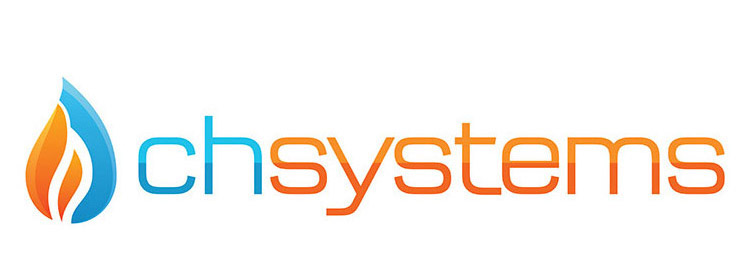5 ways to save water at work
It’s just been World Water Day (22 March) – as good a time as any to remember that not only is saving water a moral responsibility and good for the environment but it can save your business money, too.
Climate change is driving a global crisis in water shortages and the Government has advised that England will face a severe water shortage by 2050 unless we start saving this essential resource. Companies – small and large – can play their part. Here’s how:
- Boil what you need – hot drinks are an essential part of a working day; save money, water and energy by only boiling the water you need.
- Reduce food waste – it takes a lot of water to produce food and we waste a massive amount (4.5 million tonnes of food a year); when you are catering for lunches, events, conferences, don’t over-do it. Cater for what you need based on the numbers rather than an ‘in case you need more’ scenario.
- Dishwashers save water – studies show that filling up a dishwasher so it’s a full load uses three to four times less water than if you were washing the same dishes by hand.
- Turn off taps – a really obvious one but how often do you come across a dripping tap in your working day? Also be sure to fix leaks as drips cost resource, time and money when left too long.
- Low flush toilet – old-style single-flush toilets use 13 litres of water for each flush. Modern dual-flush toilets use just 6 litres for a full flush, or 4 litres for a reduced flush.
These five simple tips can apply in a work-from home context as well as in the office, and whilst they might seem microcosmic in the grand scheme of water-saving they make a massive difference if everyone commits doing their bit.
For more water saving tips, visit Mirashowers.co.uk.
For more information on the survey, read “Which? Energy survey results” and for
all your energy related questions, feel free to contact the CH Systems team on 0208 302
8149
or info@chsystems.cc.


